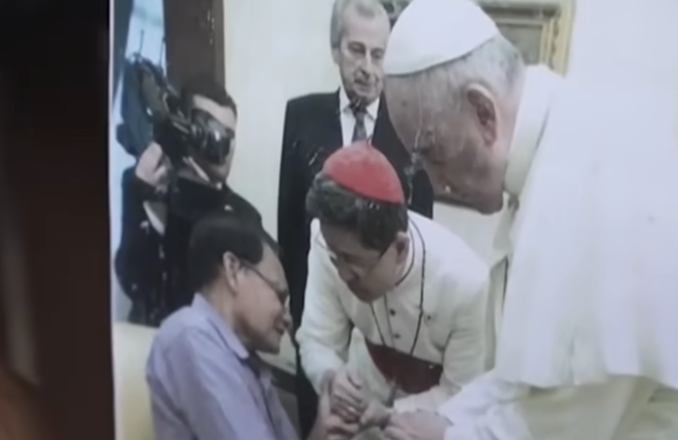4 Filipino Vloggers Accused of Spreading Misinformation, Face Legal Action from NBI

Manila, Philippines – The National Bureau of Investigation (NBI) has recently intensified its efforts to combat the spread of misinformation online, filing multiple complaints against four more Filipino vloggers. These vloggers are accused of disseminating false information that allegedly erodes public trust in the government and its institutions.
According to Senior Agent Raymond Macorol of the NBI-Criminal Investigation Division (NBI-CRID), the complaints stem from the vloggers' content, which allegedly contained fabricated stories and misleading narratives. The NBI believes that these actions constitute a violation of existing laws regarding the spread of false information and could potentially incite unrest or confusion among the public.
What Allegedly Happened?
While details of the specific content are still emerging, authorities have indicated that the vloggers in question have been producing videos focusing on sensitive topics such as government policies, public health measures, and socio-economic issues. The NBI alleges that these videos presented a distorted or entirely untrue picture of the facts, often without proper verification or sourcing.
The NBI's Stance and Legal Framework
The NBI's actions are part of a broader crackdown on online disinformation, a growing concern in the Philippines. The agency emphasizes its commitment to upholding the law and protecting the integrity of public discourse. They are relying on existing laws, including those related to cybercrime and libel, to pursue legal action against those found to be spreading false information. The legal framework surrounding online content remains a complex and evolving area, with ongoing debates about freedom of expression versus the need to combat harmful misinformation.
Impact on Filipino Vloggers and Online Content Creation
This case serves as a stark reminder to Filipino vloggers and content creators about the importance of responsible journalism and fact-checking. While freedom of expression is a fundamental right, it comes with the responsibility to ensure the accuracy and truthfulness of the information being shared. The legal ramifications of spreading misinformation can be significant, potentially leading to fines, imprisonment, and damage to one's reputation.
Public Reaction and Concerns
The news has sparked mixed reactions online. Some Filipinos have expressed support for the NBI's actions, arguing that it's necessary to curb the spread of fake news and protect the public from harmful misinformation. Others have raised concerns about potential censorship and the impact on freedom of speech. The debate highlights the delicate balance between protecting public trust and safeguarding the right to express diverse opinions.
What’s Next?
The NBI is expected to continue its investigation into the case and gather further evidence. The vloggers will be given the opportunity to respond to the allegations and present their defense. The outcome of this case could have far-reaching implications for online content creation and the regulation of online information in the Philippines. It also underscores the importance of media literacy and critical thinking skills for all Filipinos in navigating the digital landscape.






